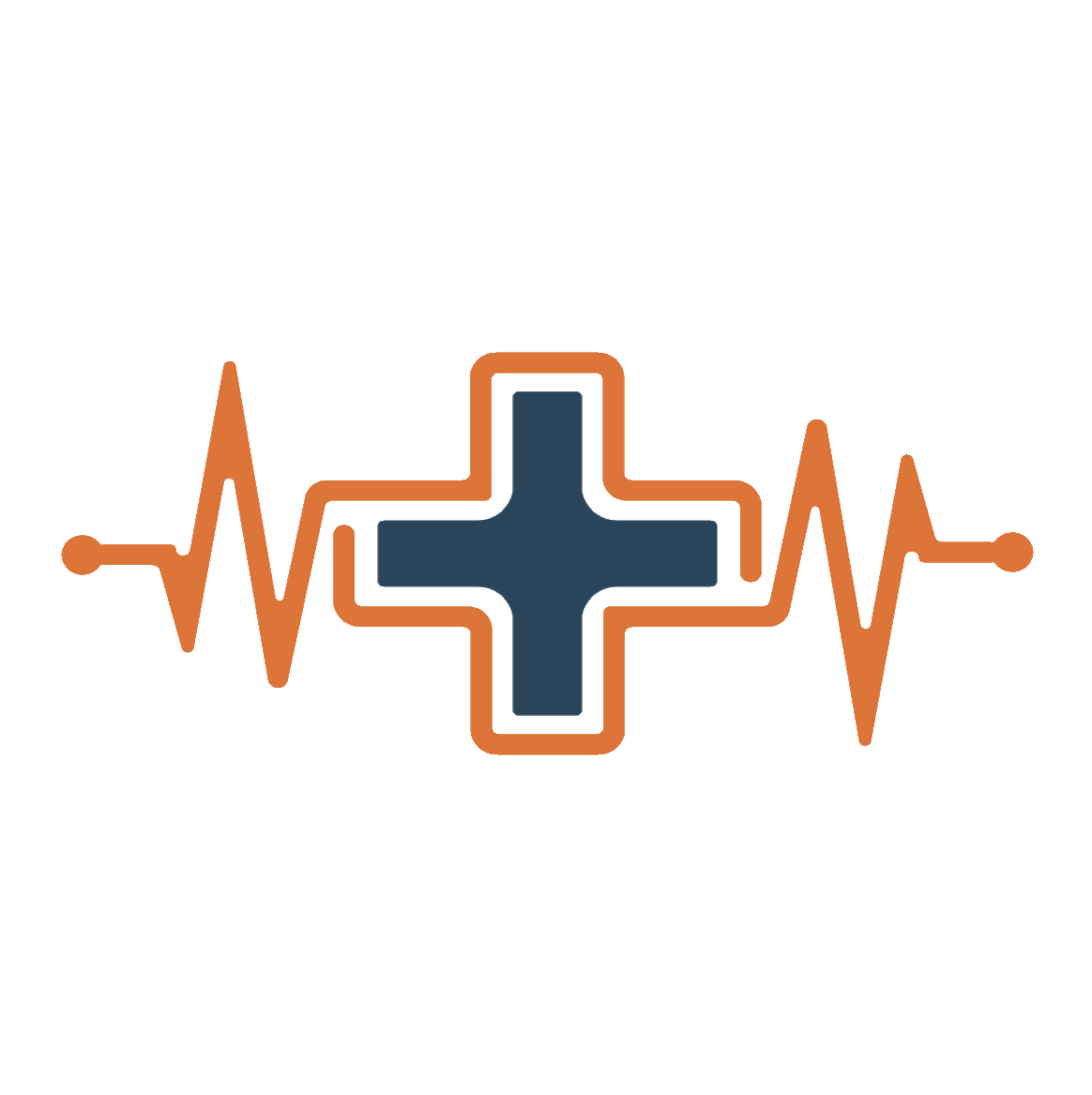GP Access Hubs: Extended hours across a wide area
NHS England required that all CCGs provide patients access to primary care services at scale during the week after 6.30pm and at weekends from 1 October 2018. Coastal West Sussex is divided into 7 localities and each needed to provide clinics at several sites for their local patients.
The GP and nursing clinics are provided by a GP owned not for profit company, acting as a federation and uses both EMIS and TPP SystmONE to provide full access to patient records at the point of care.
Worthing and Adur (Shoreham/Lancing) localities had been running a pilot project for three years before the national launch as part of the Prime Minister’s Challenge Fund for innovation in primary care delivery.
During this time the IPC management team gradually rolled out and delivered clinics at 4 different sites, 7 days a week. Initially using spreadsheets and email to manage their staff consisting of locum GPs and nurses and salaried administrators. This became increasingly difficult and time-consuming.
Neil Iosson, as clinical director for IPC, was well placed to suggest trialing the early beta stage DutyDoctor software as an alternative staff scheduling and management tool.
DutyDoctor had a phased rollout during early 2018, initially managing administrative staff and subsequently clinical staff.
The rota is published in weekly blocks, usually 8-12 weeks ahead of schedule. Staff with regular employment are allocated to appropriate locations and then vacant shifts are made available to all staff who can self-roster and get instant confirmation. This has significantly reduced the time administrative staff had needed to spend corresponding with staff about filling vacancies and confirming or rejecting requests.
Staff is only made aware of shifts suitable for them – based on their existing work patterns, preferences, availabilities, and skills.
Flexibility and adaptability have been important in developing DutyDoctor. It has evolved and added features in response to feedback and suggestions from clinic administrators and end-users. Improved messaging, better reporting and an improved user interface have all resulted from the beta trials.
When GP Access Hubs changed in October 2018 from just 4 locations to 20 across 7 areas with a corresponding jump in staff, DutyDoctor was ready and capable to manage the increase. Built using a scalable architecture, the software can cope with very large practices or companies across many multiple sites.
For GP Access Hubs, DutyDoctor automatically managed:
- 23 different clinic sites
- 171 staff
- 6189 shifts between 1/10/18 and 1/6/19
Feedback from staff indicates they like the ease with which they can access their schedule of work and simple way of booking extra work. Analysis of booking times shows that staff access the system at any time of day or night when it suits them.
Team leaders, who manage day-to-day operations report that the workload is much more manageable than when they were using spreadsheets and that staff are generally responsive and fill vacancies quickly. There is no direct side-by-side comparison, but they believe that more shifts are being filled successfully than with the spreadsheet system.
There have been far fewer errors and shifts, where staff is double booked at different sites or mistakenly not booked, have been eliminated to the satisfaction of staff and patients.
Managers report it is very easy to quickly analyse clinic activities and performance and report this back to locality/PCN groups as well as the CCG commissioners. Data has also been used to help reconcile room rent claims and to plan future clinic patterns.
